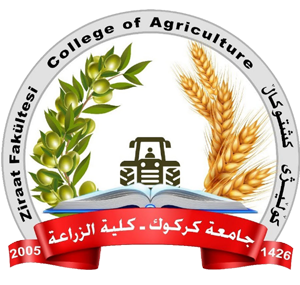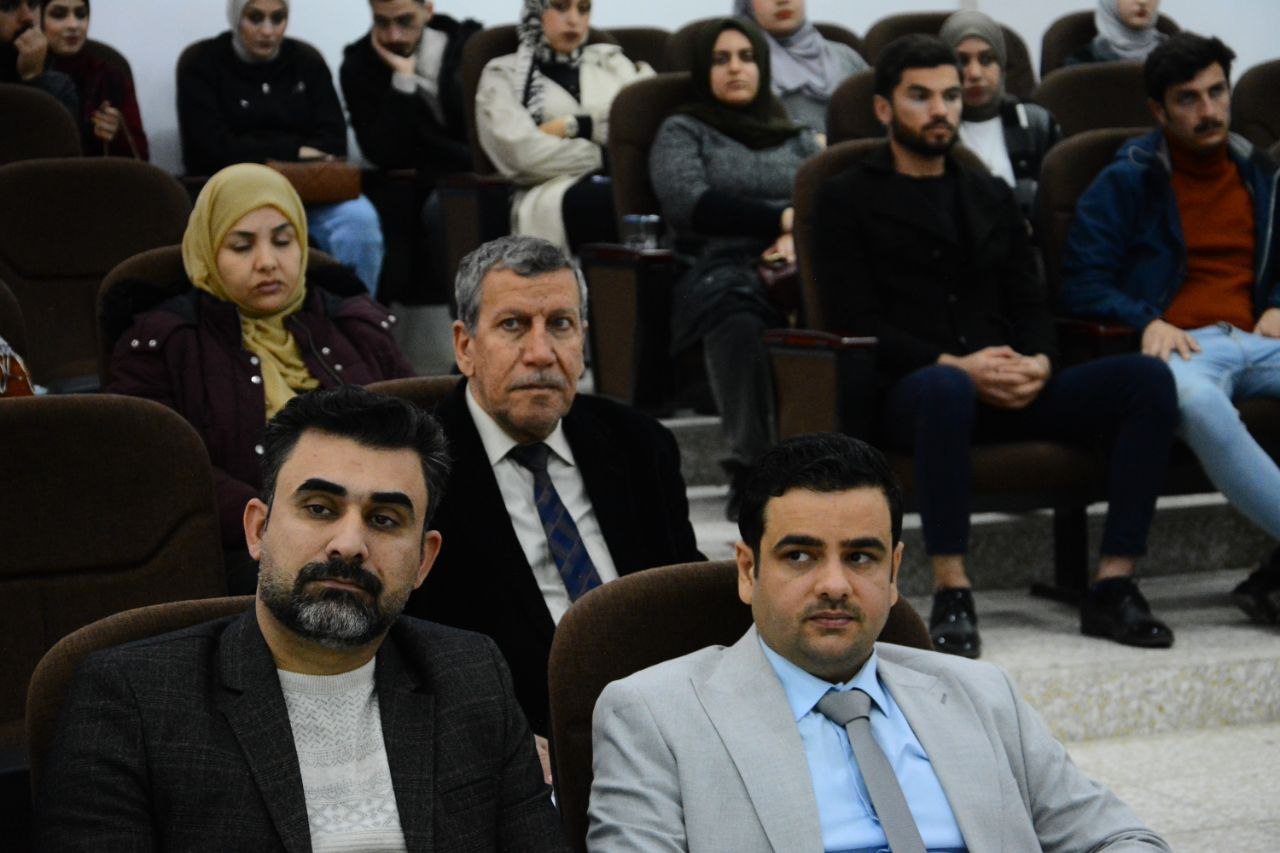Under the patronage of the respected President of the University of Kirkuk, Professor Dr. Imran Jamal Hassan, and under the supervision of the Dean of the College of Agriculture, Assistant Professor Dr. Osama Ibrahim Ahmed, and the Head of the Department of Poultry Sciences, Dr. Sarmad Talib Abdul Aziz, the Department of Poultry Sciences organized its first scientific symposium, on modern methods of improving poultry productivity. In the presence and participation of researchers and specialists in the field of poultry farming. The symposium aimed to shed light on the nutritional and non-nutritional feed additives and growth stimulants used in poultry feeds and their role in improving poultry productivity, the efficiency of feed use by animals, raising their growth rates, and paying attention to organic poultry products, through the use of environmental agricultural practices such as the use of organic fertilizers instead of Chemical fertilizers, which aim to preserve the health of the earth and biological life and provide high-quality products. The symposium included two lectures. The first lecture, by Professor Dr. Rashid Hassan Hamid Al-Dalawi, touched on the feed additives used in poultry feeds. The second lecture was about organic poultry products, by Assistant Professor Dr. Muhammad Sabah Bahaa El-Din. The symposium recommended the need to direct breeders towards the use of nutritional and non-nutritional feed additives, as well as growth stimulants for the purpose of improving the efficiency of feed use by animals and improving the quality of food products. The use of these additives and stimulants must be done with caution because some of them have a cumulative effect in the animal’s body, and their effect may be transmitted. To humans, therefore, regulations and legislation must be put in place to control their use, prevent some of them, and move towards the use of organic agriculture in animal production.





